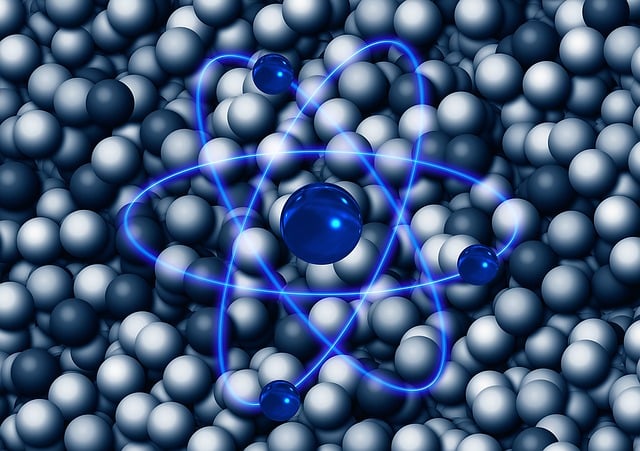Neurotransmitters
Neurotransmitters are chemical messengers that transmit signals between neurons (nerve cells) in the brain and throughout the nervous system. They are released from the axon terminals of one neuron and bind to receptors on another neuron or on an effector cell (such as a muscle cell) to trigger a response. There are many different types of neurotransmitters, each with its own unique functions in the brain and nervous system.
Types of neurotransmitters:
Acetylcholine: This neurotransmitter is involved in many functions, including muscle control, attention, learning, and memory.
Dopamine: This neurotransmitter is involved in the regulation of movement, motivation, reward, and pleasure.
Serotonin: This neurotransmitter is involved in the regulation of mood, appetite, and sleep.
Norepinephrine: This neurotransmitter is involved in the regulation of arousal, attention, and stress response.
GABA (gamma-aminobutyric acid): This neurotransmitter is the primary inhibitory neurotransmitter in the brain, meaning it helps to calm down neural activity and prevent excessive firing.
Glutamate: This neurotransmitter is the primary excitatory neurotransmitter in the brain, meaning it helps to increase neural activity and promote firing.
Functions of neurotransmitters:
Motor control: Neurotransmitters such as acetylcholine and dopamine are involved in controlling movements and motor functions.
Memory and learning: Neurotransmitters such as acetylcholine and glutamate are involved in learning and memory processes.
Mood regulation: Neurotransmitters such as serotonin and norepinephrine are involved in regulating mood and emotions.
Sleep and arousal: Neurotransmitters such as serotonin and norepinephrine are involved in regulating sleep and wakefulness.
Pain perception: Neurotransmitters such as substance P and glutamate are involved in the perception of pain.
Appetite regulation: Neurotransmitters such as serotonin and dopamine are involved in regulating appetite and food intake.
In conclusion, neurotransmitters are important chemical messengers that play a critical role in the functioning of the brain and nervous system. There are many different types of neurotransmitters, each with its own unique functions and roles in the body. Understanding the functions and interactions of these neurotransmitters is key to understanding many aspects of brain function and neurological disorders.
Frequently Asked Questions (FAQs)
⇒ What are the main types of neurotransmitters?
There are several types of neurotransmitters, including acetylcholine, serotonin, dopamine, norepinephrine, glutamate, GABA, and endocannabinoids.
⇒ What is the function of acetylcholine?
Acetylcholine is involved in several functions in the body, including muscle movement, memory, attention, and learning.
⇒ What is the function of serotonin?
Serotonin is involved in regulating mood, appetite, and sleep.
⇒ What is the function of dopamine?
Dopamine is involved in regulating movement, motivation, and pleasure.
⇒ What is the function of norepinephrine?
Norepinephrine is involved in regulating the body's response to stress, including increasing heart rate and blood pressure.
⇒ What is the function of glutamate?
Glutamate is the primary excitatory neurotransmitter in the brain and is involved in several functions, including learning and memory.
⇒ What is the function of GABA?
Gamma-aminobutyric acid (GABA) is the primary inhibitory neurotransmitter in the brain and is involved in regulating anxiety and stress.
⇒ What are endocannabinoids?
Endocannabinoids are a type of neurotransmitter that interact with the body's endocannabinoid system, which is involved in regulating several functions, including mood, appetite, and pain.
⇒ How do neurotransmitters work?
Neurotransmitters work by transmitting signals between nerve cells. When a nerve impulse reaches the end of a nerve cell, it triggers the release of neurotransmitters, which then bind to receptors on the receiving nerve cell, transmitting the signal.
⇒ What happens when there is an imbalance in neurotransmitters?
An imbalance in neurotransmitters can lead to several neurological and psychiatric disorders, including depression, anxiety, and schizophrenia. Treatments for these disorders often target neurotransmitter levels in the brain.
Let me know if you have more questions or if there is a specific topic that you would like to know more about.





If you have any doubts, please let me know